Turkey's foreign minister said he believed it was still possible to revive a deal, widely regarded as dead, under which Iran would send much of its low enriched uranium for processing abroad.
Turkey's foreign minister said on Wednesday he believed it was still possible to revive a deal, widely regarded as dead, under which Iran would send much of its low enriched uranium, or LEU, for processing abroad.
Ahmet Davutoglu told reporters he had discerned a change in the Iranian stance over the past several months during which he said he visited Tehran about a half-dozen times, most recently in early March.
"There is a positive development and change of approach," Davutoglu told reporters. "We have some chance and if we continue this diplomacy, I think we can achieve a solution."
According to Western diplomats, Iran agreed "in principle" to a deal that would move most of its enriched uranium out of the country during an Oct. 1 meeting in Geneva with the five permanent members of the UN Security Council and Germany.
The uranium would have been further enriched abroad and sent back to Iran -- under tight international safeguards -- to run a nuclear research reactor in Tehran that was built before the 1979 Islamic revolution and produces medical isotopes.
Iran ignored a US call for a formal decision on the deal -- seen as a way to build trust and to start to address Western concerns it may be developing a nuclear bomb -- by the end of the year.
As a result, Western officials have all but declared the agreement dead and major powers have begun to discuss a fourth round of UN Security Council sanctions against Iran, which says its nuclear program is to generate power.
Nothing behind the curtain?
Davutoglu, who said he may return to Iran in the coming weeks, said Tehran previously insisted on a simultaneous exchange inside Iran of its LEU for the fuel for its research reactor but it was now "more flexible in that position."
He said one problem was that the international community did not have sufficient stocks of medium enriched uranium, or MEU, to hand over to Iran in exchange for its low enriched uranium.
"If we have today enough MEU in our hand to give to Iran, we will get the Iranian uranium the same day," he said.
Davutoglu repeated Turkey''s opposition to sanctions against Iran. Some analysts suspect Iranian hints of flexibility may aim to undercut support for sanctions on Security Council, whose elected members currently include Turkey.
State Department spokesman P.J. Crowley voiced skepticism that Tehran was actually willing to resuscitate the deal.
"The details do matter," Crowley said. "Iran communicates publicly ... some greater flexibility, but when you, you know, look behind the curtain, there's really nothing there."
George Perkovich, a nuclear policy expert at the Carnegie Endowment for International Peace think tank, also suggested the onus was on Iran to show it was serious.
He said the West was likely to adopt the position that Iran should "give us some detail and show us that our concerns will be met too and then we can talk."
![submenu-img]() Priyanka Chopra kisses Nick Jonas as Malti Marie closes her eyes; see more family pics from singer's London concert
Priyanka Chopra kisses Nick Jonas as Malti Marie closes her eyes; see more family pics from singer's London concert![submenu-img]() Lebanon: Thousands of Hezbollah members wounded after communication devices explode mysteriously
Lebanon: Thousands of Hezbollah members wounded after communication devices explode mysteriously![submenu-img]() Meet woman, who is part of Rs 1257006 crore group, holds key position, she is Ratan Tata's...
Meet woman, who is part of Rs 1257006 crore group, holds key position, she is Ratan Tata's...![submenu-img]() Atishi's net worth: Know assets owned by Delhi's next CM
Atishi's net worth: Know assets owned by Delhi's next CM![submenu-img]() Meet Sunny Deol, Rajinikanth's heroine, in live-in relationship with married man for 35 years, refused to convert, now..
Meet Sunny Deol, Rajinikanth's heroine, in live-in relationship with married man for 35 years, refused to convert, now..![submenu-img]() One Nation One Election: मोदी सरकार का बड़ा फैसला, 'वन नेशन वन इलेक्शन' प्रस्ताव कैबिनेट से पास
One Nation One Election: मोदी सरकार का बड़ा फैसला, 'वन नेशन वन इलेक्शन' प्रस्ताव कैबिनेट से पास ![submenu-img]() सुनीता केजरीवाल को नहीं बनाया CM, आतिशी को मुख्यमंत्री बनाने के पीछे क्या है अरविंद केजरीवाल का 'मास्टरस्ट्रोक
सुनीता केजरीवाल को नहीं बनाया CM, आतिशी को मुख्यमंत्री बनाने के पीछे क्या है अरविंद केजरीवाल का 'मास्टरस्ट्रोक![submenu-img]() केंद्रीय मंत्री Ravneet Bittu के Rahul Gandhi को आतंकी कहने पर बवाल, कांग्रेस का जोरदार प्रदर्शन
केंद्रीय मंत्री Ravneet Bittu के Rahul Gandhi को आतंकी कहने पर बवाल, कांग्रेस का जोरदार प्रदर्शन![submenu-img]() सावधान! दुनिया के 27 देशों तक फैला Corona का नया XEC वेरिएंट, जानें क्या हैं इसके लक्षण
सावधान! दुनिया के 27 देशों तक फैला Corona का नया XEC वेरिएंट, जानें क्या हैं इसके लक्षण![submenu-img]() Priyanka Chopra ने सरेआम पति Nick संग किया ऐसा काम, देख बेटी Malti ने बंद कर ली अपनी आंख
Priyanka Chopra ने सरेआम पति Nick संग किया ऐसा काम, देख बेटी Malti ने बंद कर ली अपनी आंख![submenu-img]() Ford to return to India after 2 years with reopening of....
Ford to return to India after 2 years with reopening of....![submenu-img]() Maruti Suzuki launches new Swift CNG, check price, mileage, other features
Maruti Suzuki launches new Swift CNG, check price, mileage, other features![submenu-img]() ‘30 LPA, 3BHK, no in-laws’: Woman earning Rs 1.32 lakh salary lists demands for future husband, netizens say...
‘30 LPA, 3BHK, no in-laws’: Woman earning Rs 1.32 lakh salary lists demands for future husband, netizens say...![submenu-img]() In a big EV push, Centre launches Rs 10900 crore PM E-Drive scheme to replace…
In a big EV push, Centre launches Rs 10900 crore PM E-Drive scheme to replace…![submenu-img]() World’s longest car has helipad, swimming pool, mini-golf course, can seat over…; it cost…
World’s longest car has helipad, swimming pool, mini-golf course, can seat over…; it cost…![submenu-img]() Meet India's first billionaire, who controlled 25% of world's GDP, had 50 Rolls-Royce, way richer than Mukesh Ambani
Meet India's first billionaire, who controlled 25% of world's GDP, had 50 Rolls-Royce, way richer than Mukesh Ambani![submenu-img]() IAS vs IPS: Who earns more? Differences in power, role, responsibilities
IAS vs IPS: Who earns more? Differences in power, role, responsibilities![submenu-img]() Meet boy who got record-breaking salary package from Google, was former Amazon employee, not from IIT, IIM…
Meet boy who got record-breaking salary package from Google, was former Amazon employee, not from IIT, IIM…![submenu-img]() Meet man who became IPS, then cracked UPSC to become IAS officer with AIR 52, is now DM of...
Meet man who became IPS, then cracked UPSC to become IAS officer with AIR 52, is now DM of...![submenu-img]() Meet PHD wife of IIT graduate hired at Rs 100 crore salary but was fired within a year, he is now...
Meet PHD wife of IIT graduate hired at Rs 100 crore salary but was fired within a year, he is now...![submenu-img]() Kolkata Doctor Case: Protesting Doctors React After CBI Arrests Sandip Ghosh And Abhijit Mondal
Kolkata Doctor Case: Protesting Doctors React After CBI Arrests Sandip Ghosh And Abhijit Mondal![submenu-img]() Nitin Gadkari: Union Minister Nitin Gadkari Reveals He Was Offered Support For PM Post But Declined
Nitin Gadkari: Union Minister Nitin Gadkari Reveals He Was Offered Support For PM Post But Declined![submenu-img]() Kolkata Doctor Case: Junior Doctors Protest For 5th Night As Talks With CM Mamata Fail Again
Kolkata Doctor Case: Junior Doctors Protest For 5th Night As Talks With CM Mamata Fail Again![submenu-img]() Muslim Sculptor Crafts Tiny Ganesh Idols On Pencil Graphite #shorts #viralvideo #ganesh
Muslim Sculptor Crafts Tiny Ganesh Idols On Pencil Graphite #shorts #viralvideo #ganesh![submenu-img]() Jaishankar: EAM Dr. S. Jaishankar On India-China Relations & Disengagement Problems | Ladakh
Jaishankar: EAM Dr. S. Jaishankar On India-China Relations & Disengagement Problems | Ladakh![submenu-img]() Meet woman, who is part of Rs 1257006 crore group, holds key position, she is Ratan Tata's...
Meet woman, who is part of Rs 1257006 crore group, holds key position, she is Ratan Tata's...![submenu-img]() Meet man, who lives in 2BHK flat in Mumbai, doesn't use any mobile, he is Ratan Tata's...
Meet man, who lives in 2BHK flat in Mumbai, doesn't use any mobile, he is Ratan Tata's...![submenu-img]() Amazon ends work from home, asks employees to return to office from...
Amazon ends work from home, asks employees to return to office from...![submenu-img]() Days after iPhone 16 series launch, Apple loses Rs 970000 crore due to...
Days after iPhone 16 series launch, Apple loses Rs 970000 crore due to...![submenu-img]() Meet man, BITS Pilani alumnus with over Rs 19500 crore net worth, now engaged in feud with brother over...
Meet man, BITS Pilani alumnus with over Rs 19500 crore net worth, now engaged in feud with brother over...![submenu-img]() This film was made in Rs 80 crore, actress scolded star kid while filming intimate scene; movie flopped, earned just...
This film was made in Rs 80 crore, actress scolded star kid while filming intimate scene; movie flopped, earned just...![submenu-img]() India’s richest child actor has net worth of Rs 8 crore, owns Rs 40-lakh luxury car, but nobody knows her 'real age'
India’s richest child actor has net worth of Rs 8 crore, owns Rs 40-lakh luxury car, but nobody knows her 'real age'![submenu-img]() 32-year-old superstar forcibly kissed 15-year-old co-star; left her traumatised, crying; later laughed about it saying..
32-year-old superstar forcibly kissed 15-year-old co-star; left her traumatised, crying; later laughed about it saying..![submenu-img]() Atishi is new Delhi CM: Know who was Delhi's first woman CM
Atishi is new Delhi CM: Know who was Delhi's first woman CM![submenu-img]() This actor worked in over 300 films, was abandoned by family, had no friends; was found with bottle of alcohol at...
This actor worked in over 300 films, was abandoned by family, had no friends; was found with bottle of alcohol at...![submenu-img]() Atishi's net worth: Know assets owned by Delhi's next CM
Atishi's net worth: Know assets owned by Delhi's next CM![submenu-img]() Thane Biggest Builders RK Builders and DHL Group Join Forces for Maharashtra’s Largest BTS Warehouse
Thane Biggest Builders RK Builders and DHL Group Join Forces for Maharashtra’s Largest BTS Warehouse![submenu-img]() Atishi to become Delhi CM: Know why she dropped her second name ‘Marlena’
Atishi to become Delhi CM: Know why she dropped her second name ‘Marlena’![submenu-img]() Arvind Kejriwal resigns as Delhi Chief Minister, tenders his resignation to LG
Arvind Kejriwal resigns as Delhi Chief Minister, tenders his resignation to LG![submenu-img]() Who is IPS Manoj Kumar Verma, the new Kolkata Police Commissioner?
Who is IPS Manoj Kumar Verma, the new Kolkata Police Commissioner?

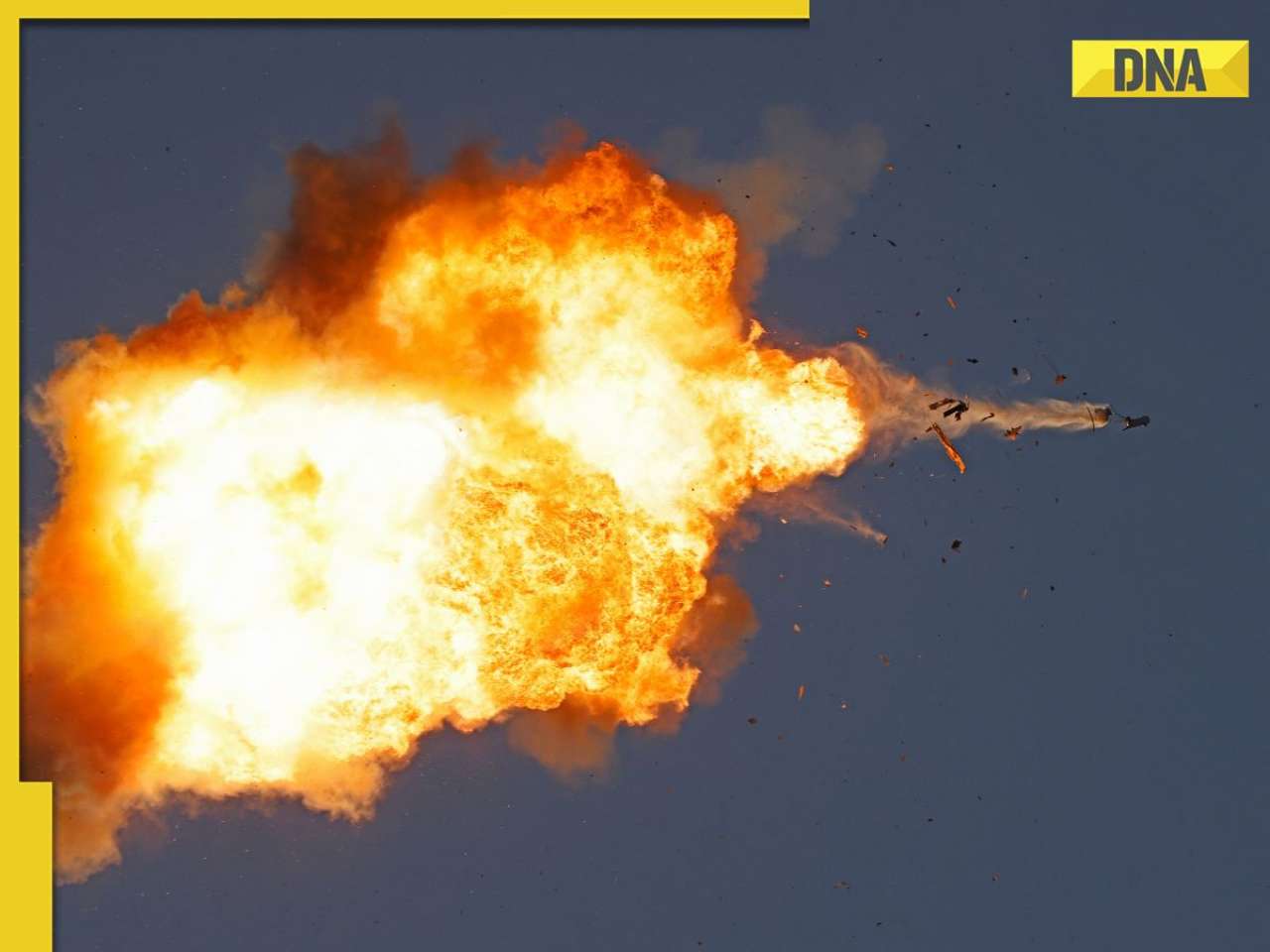
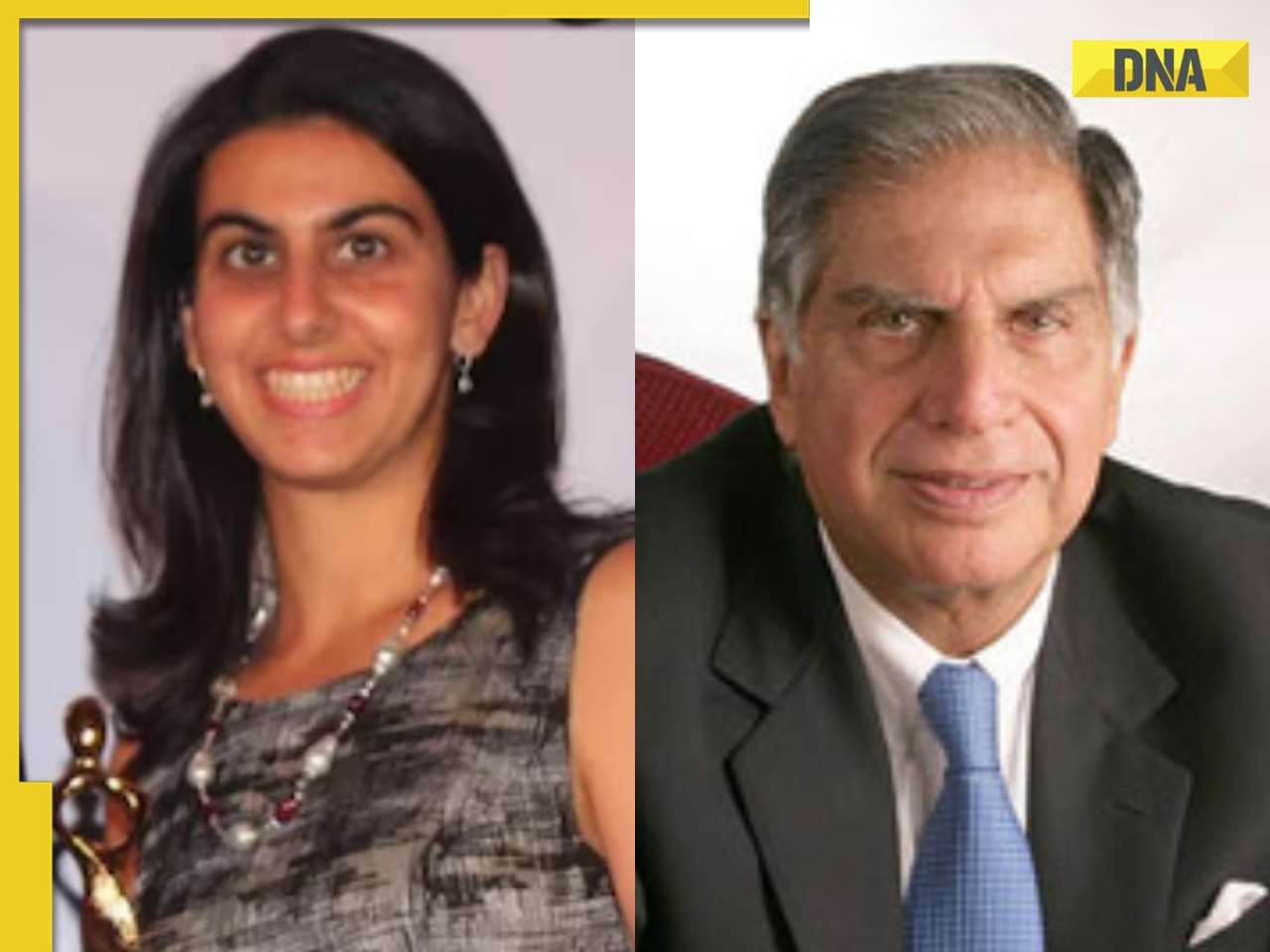
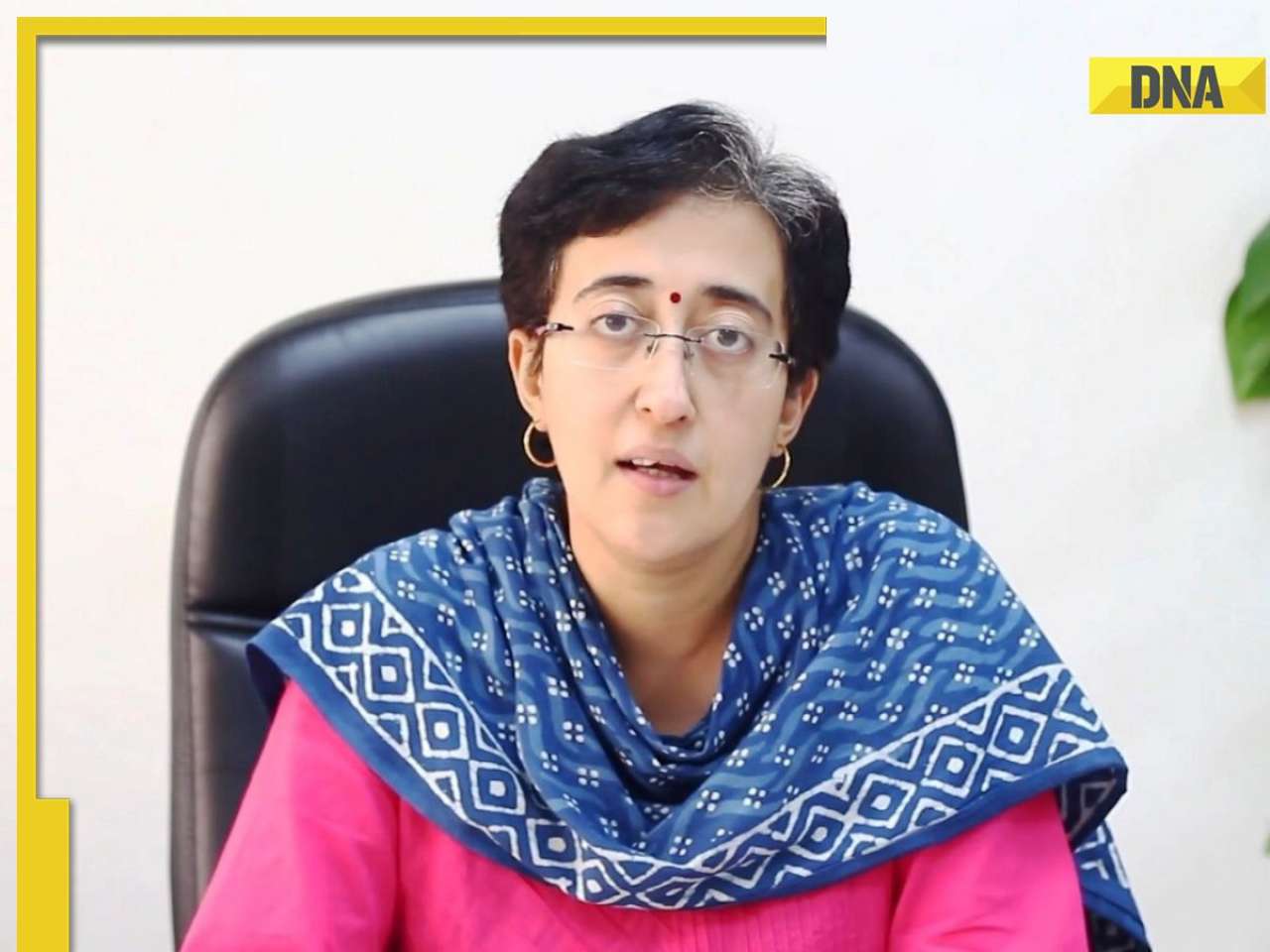
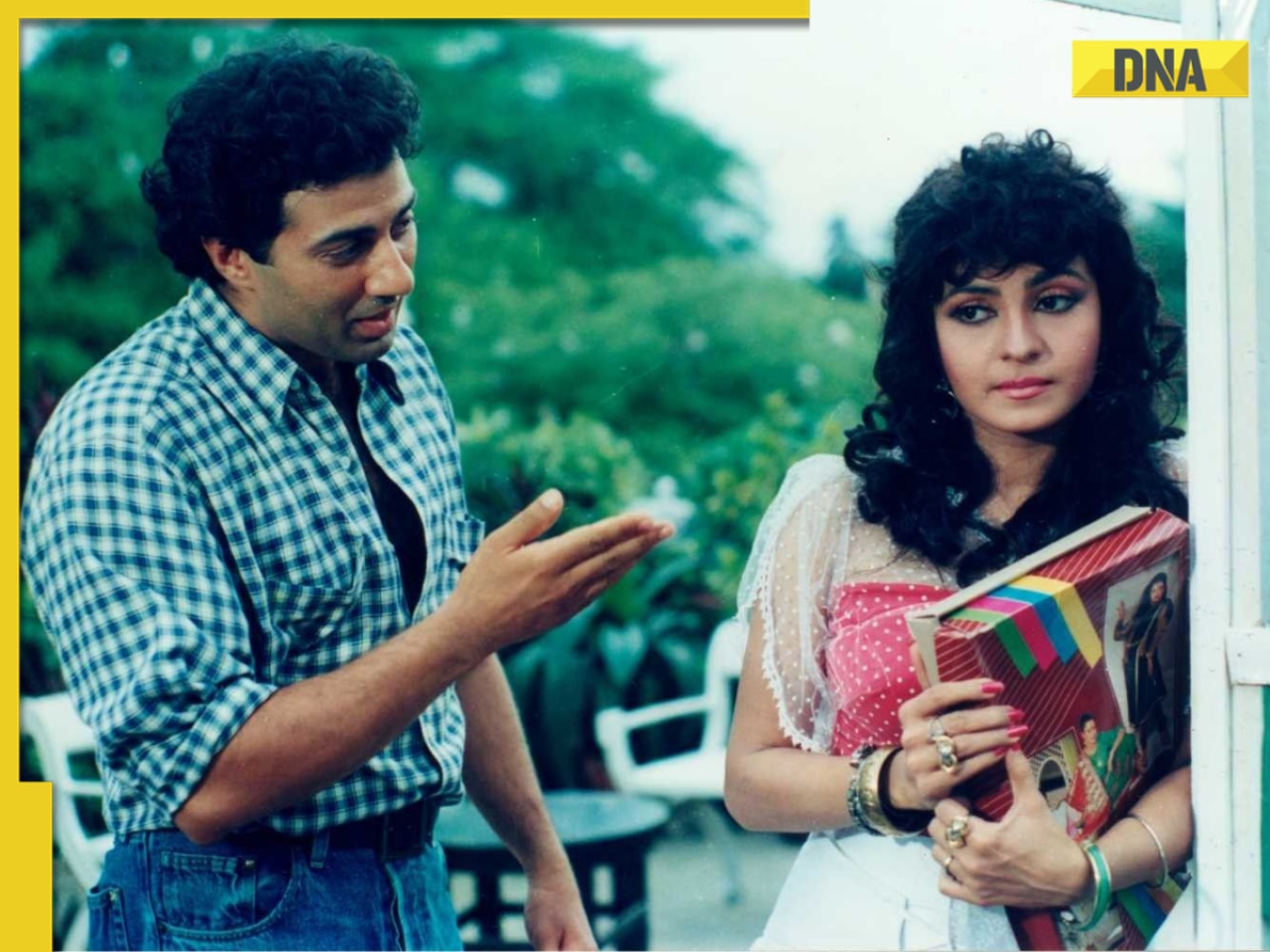





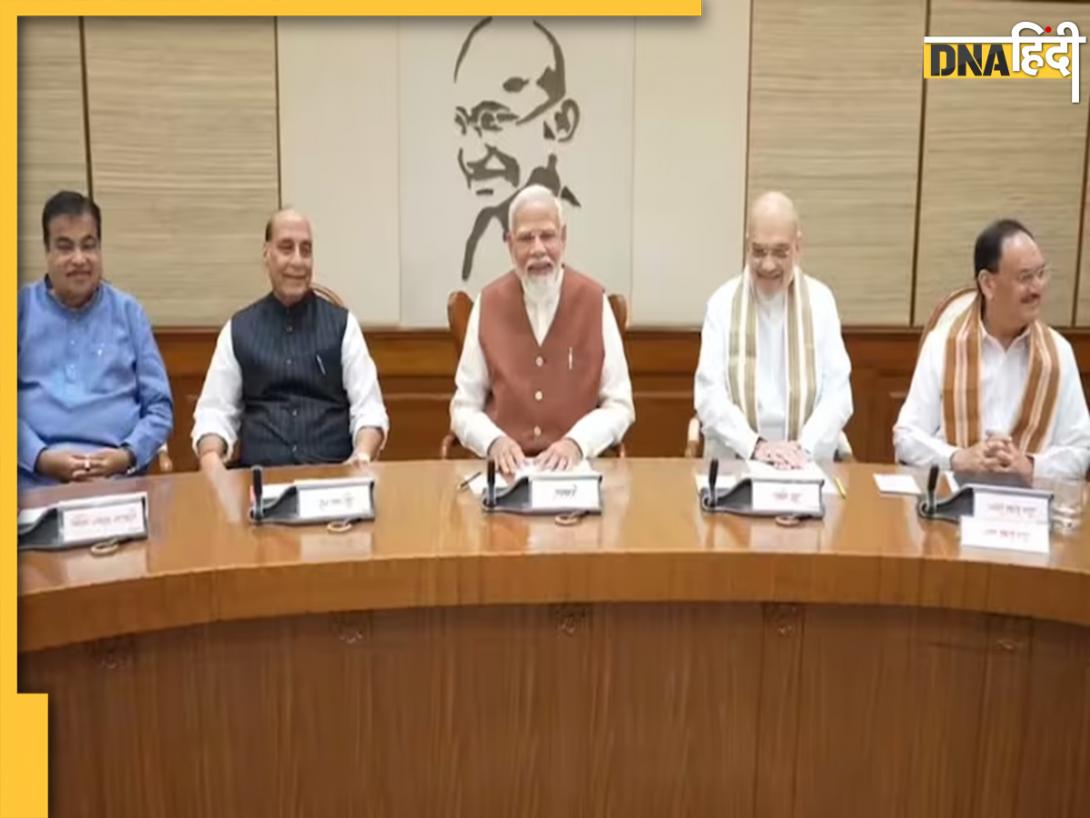
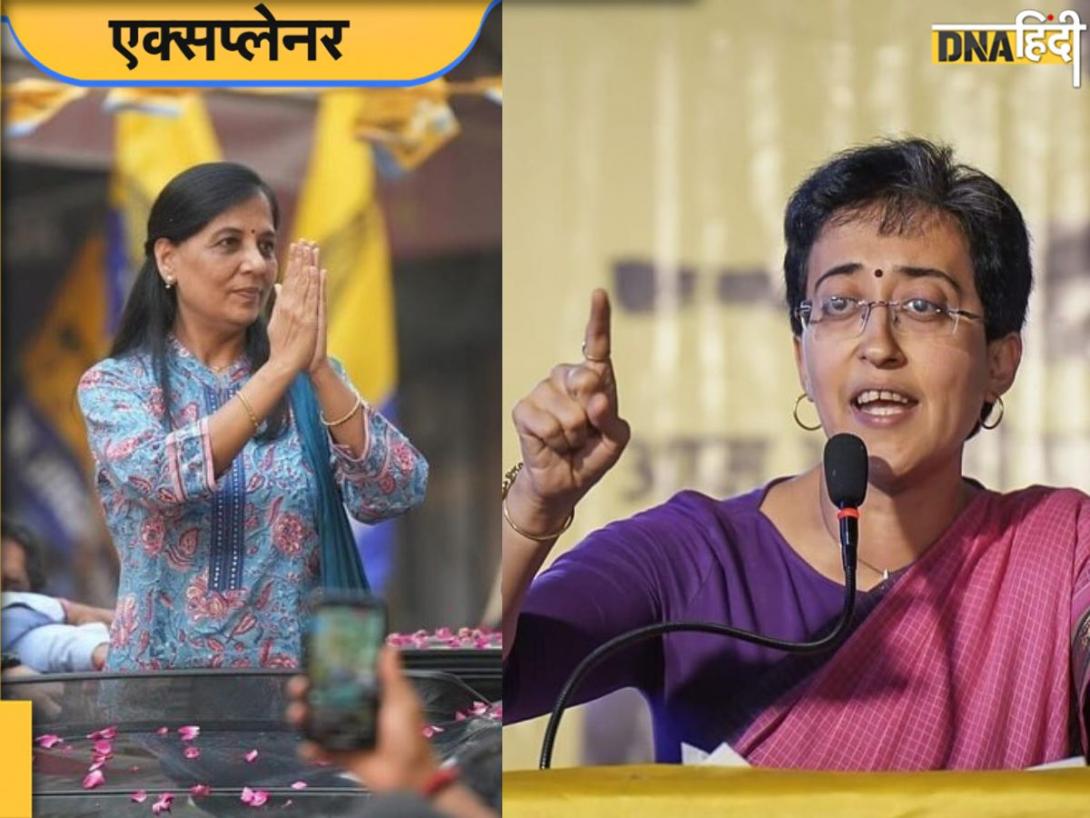
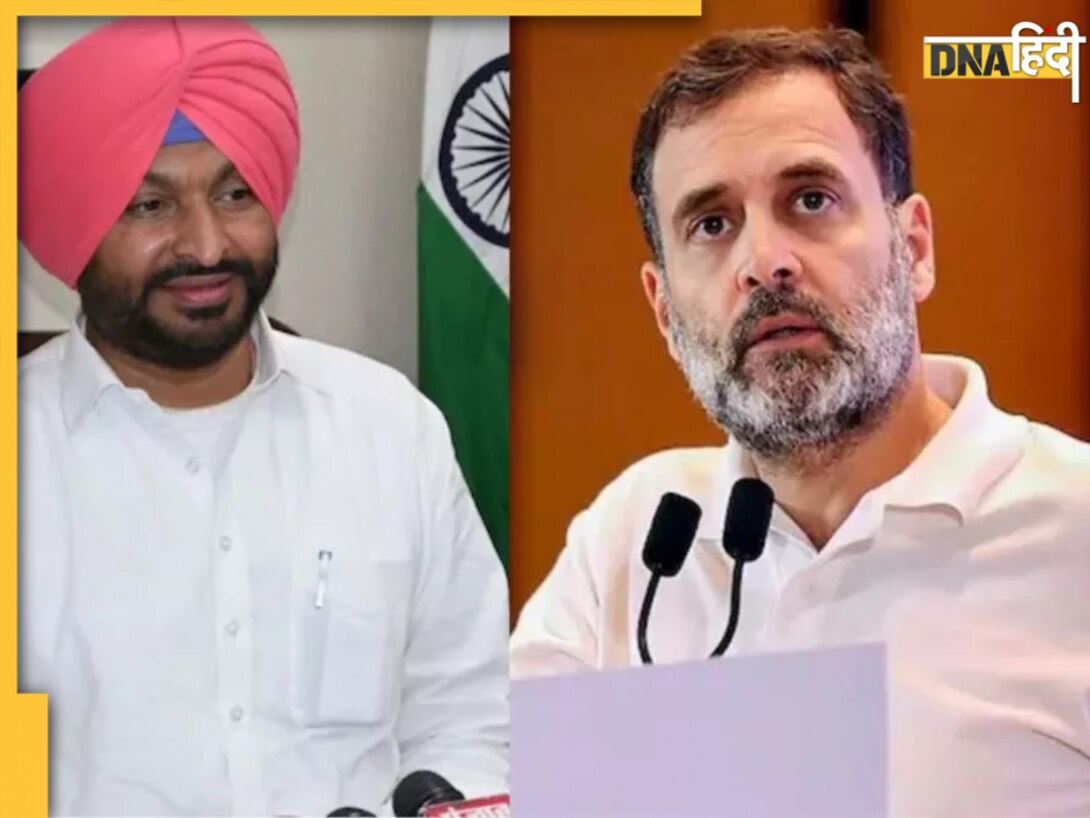
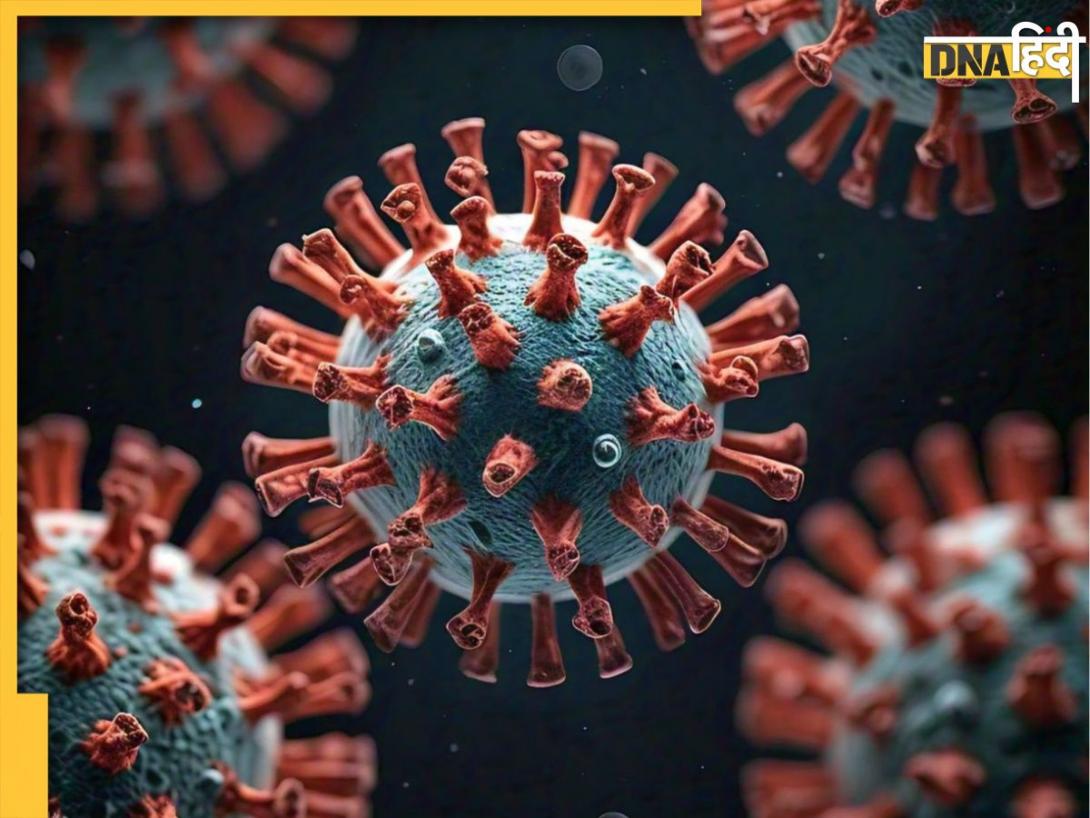






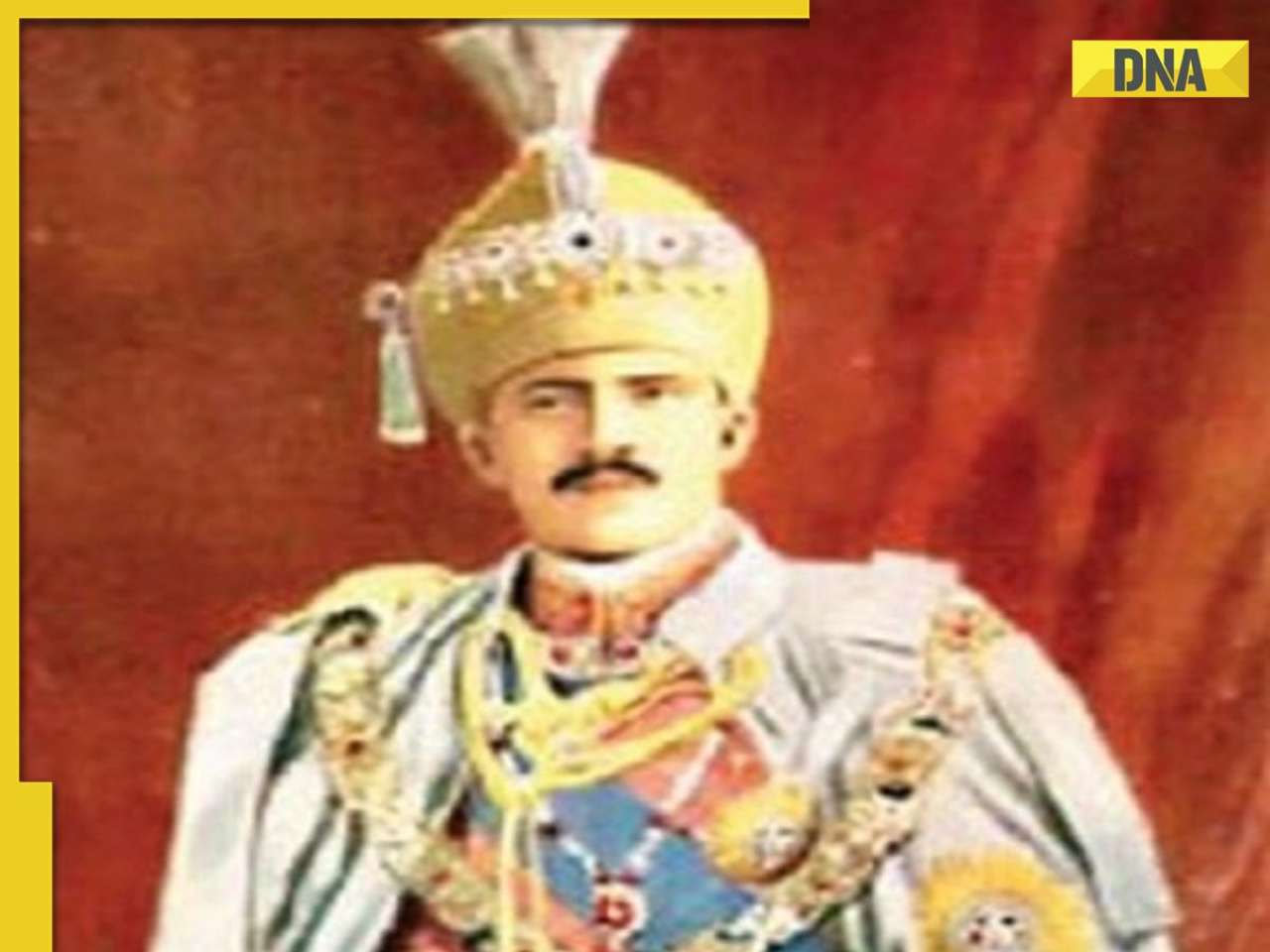

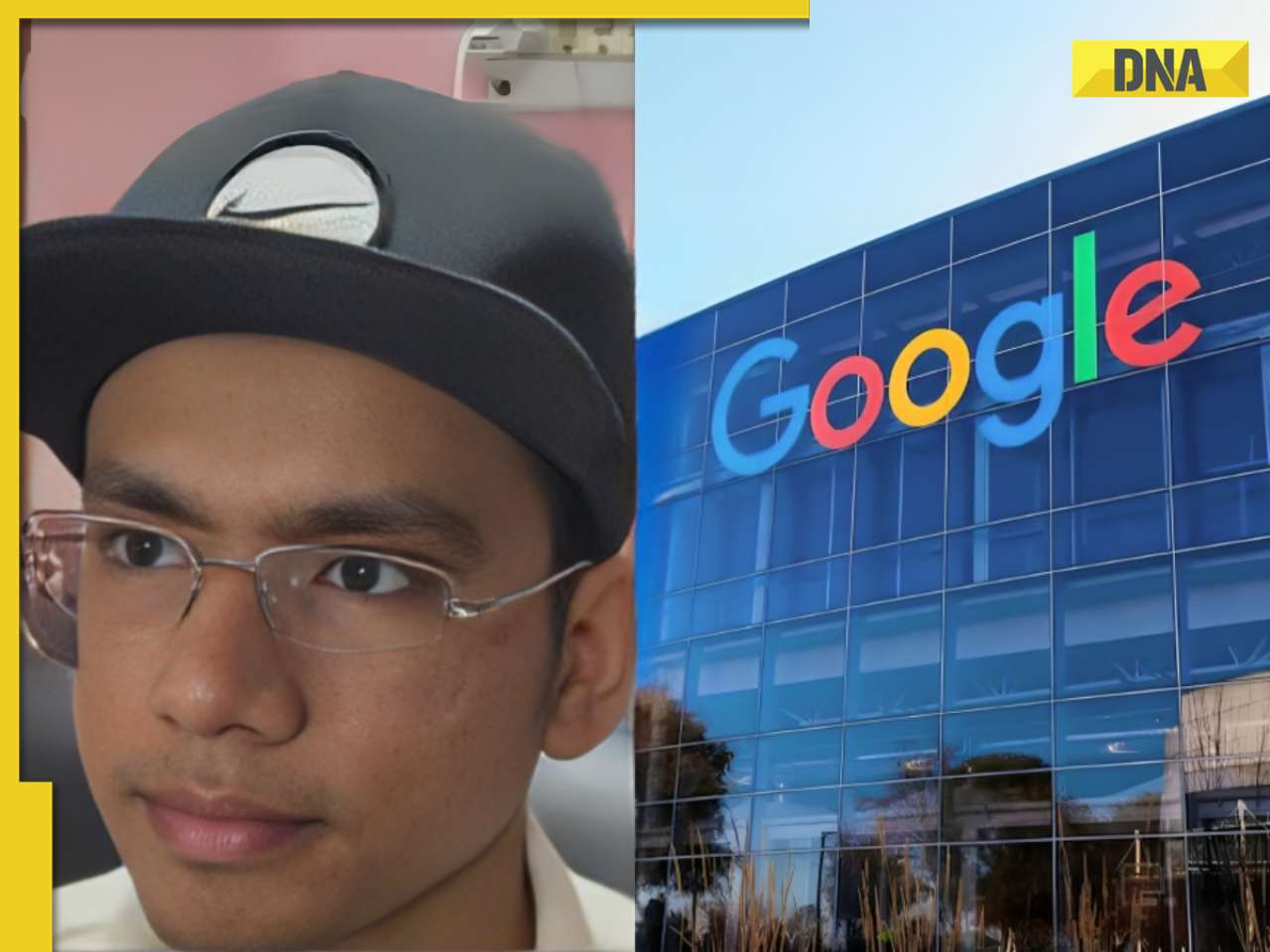
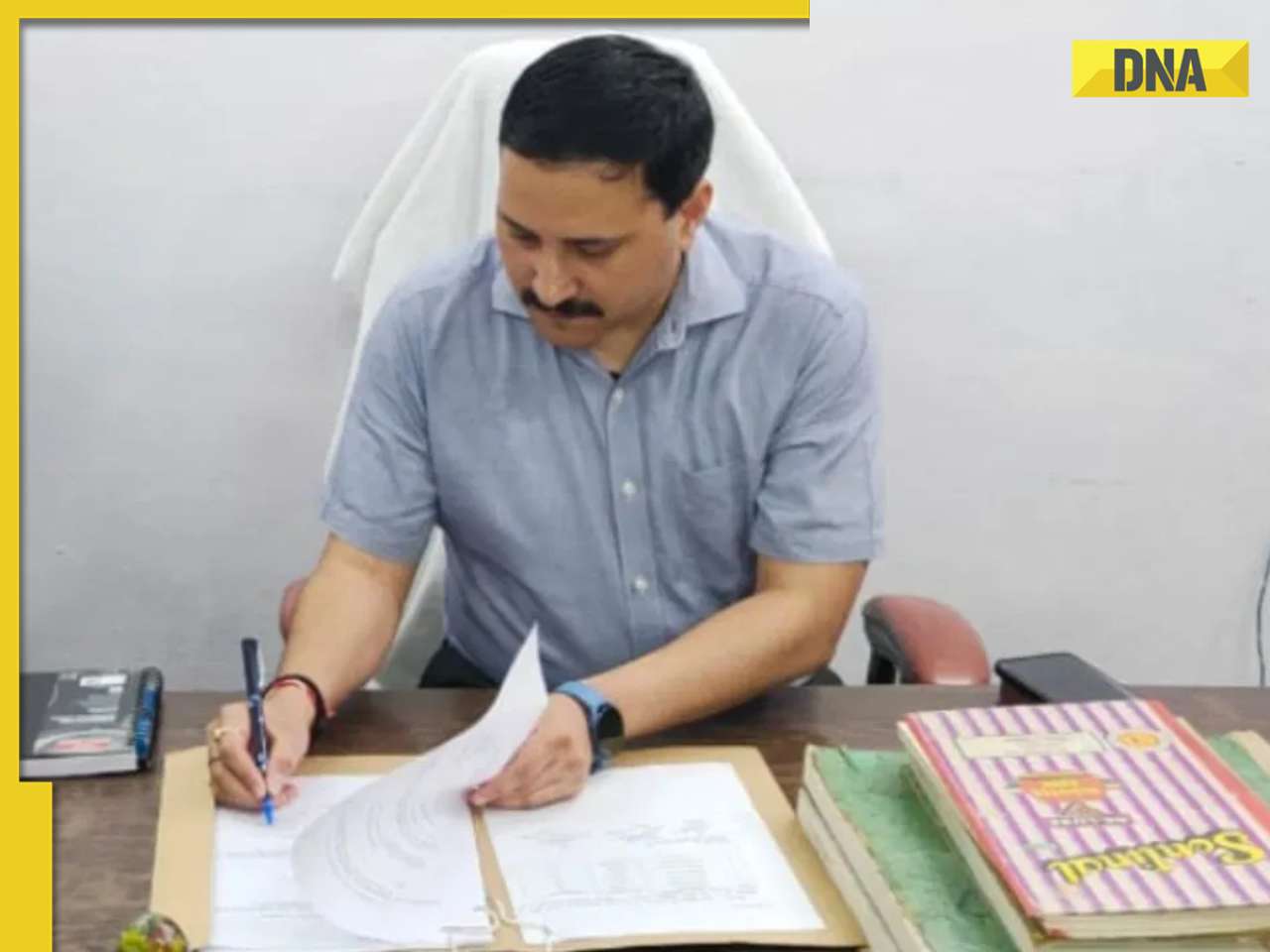
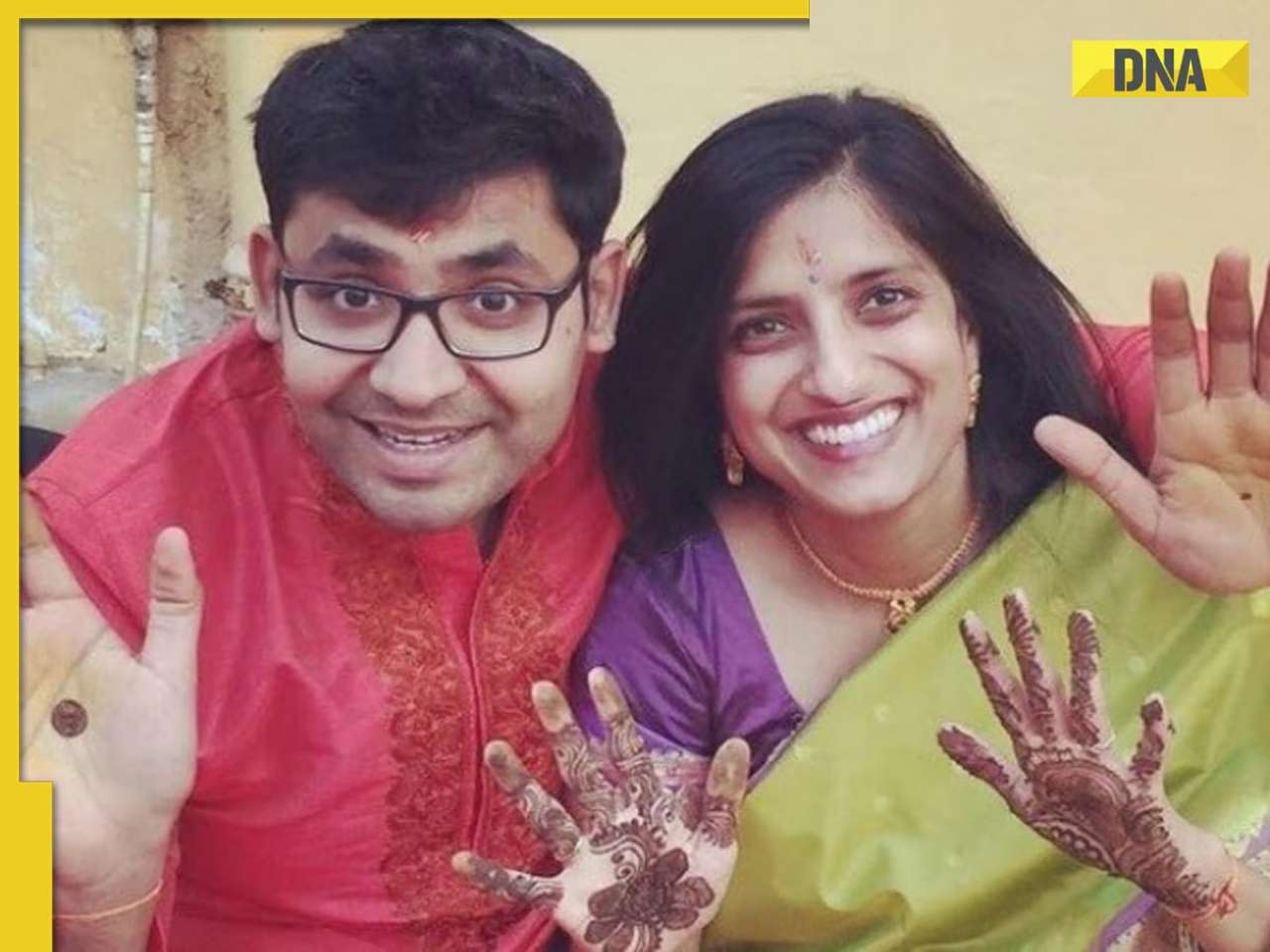
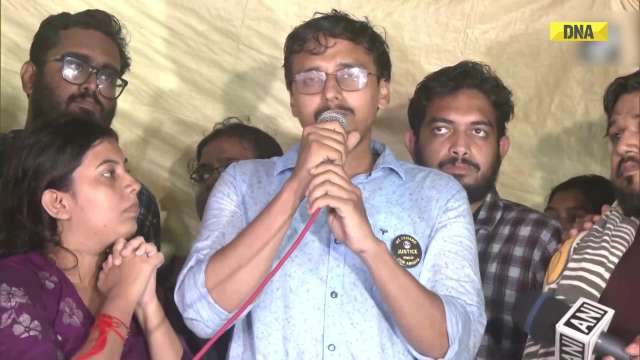
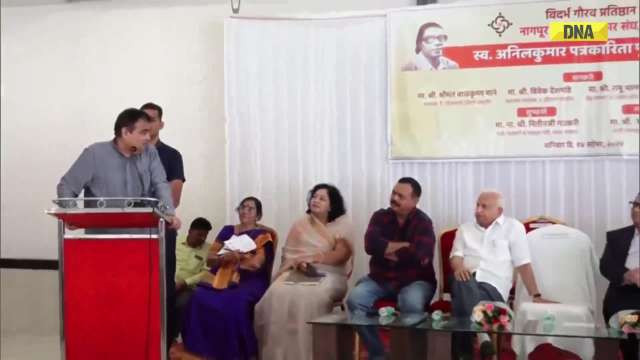
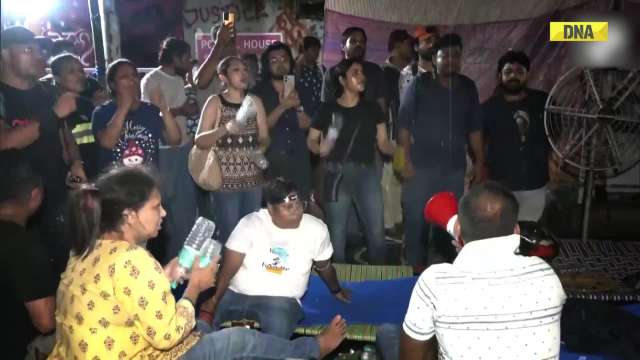
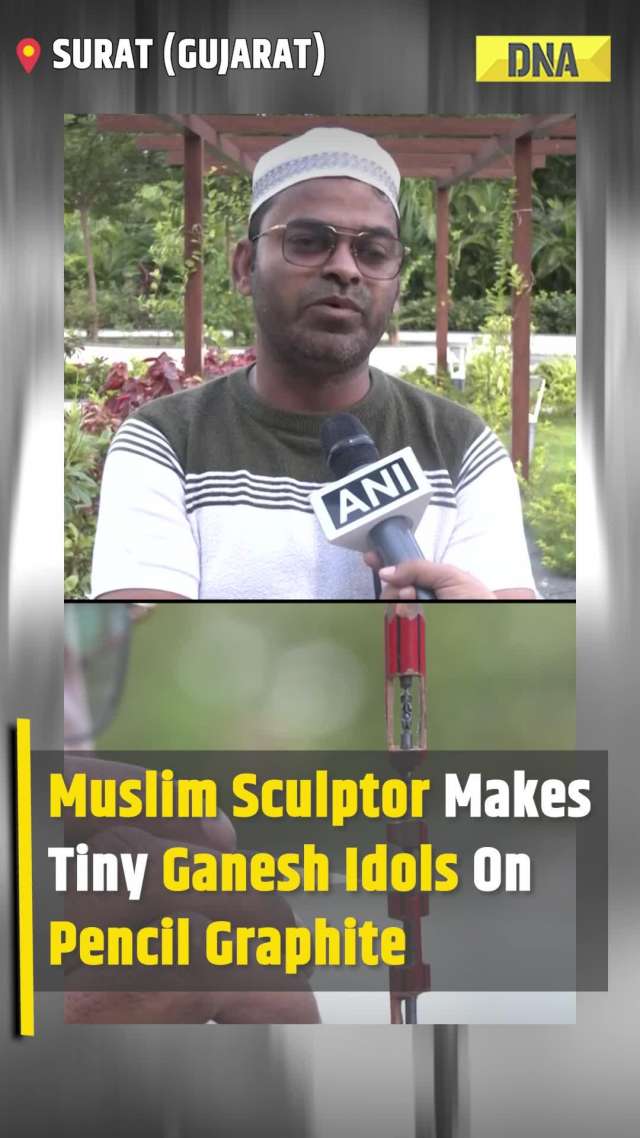
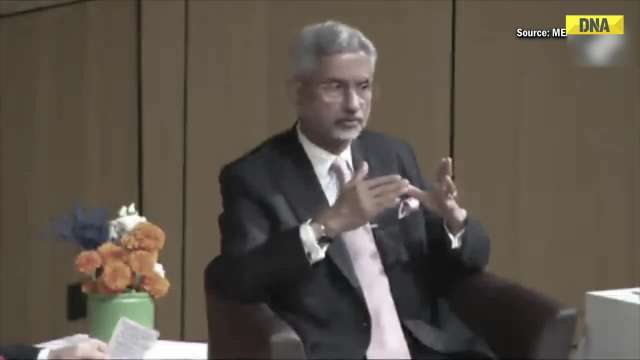
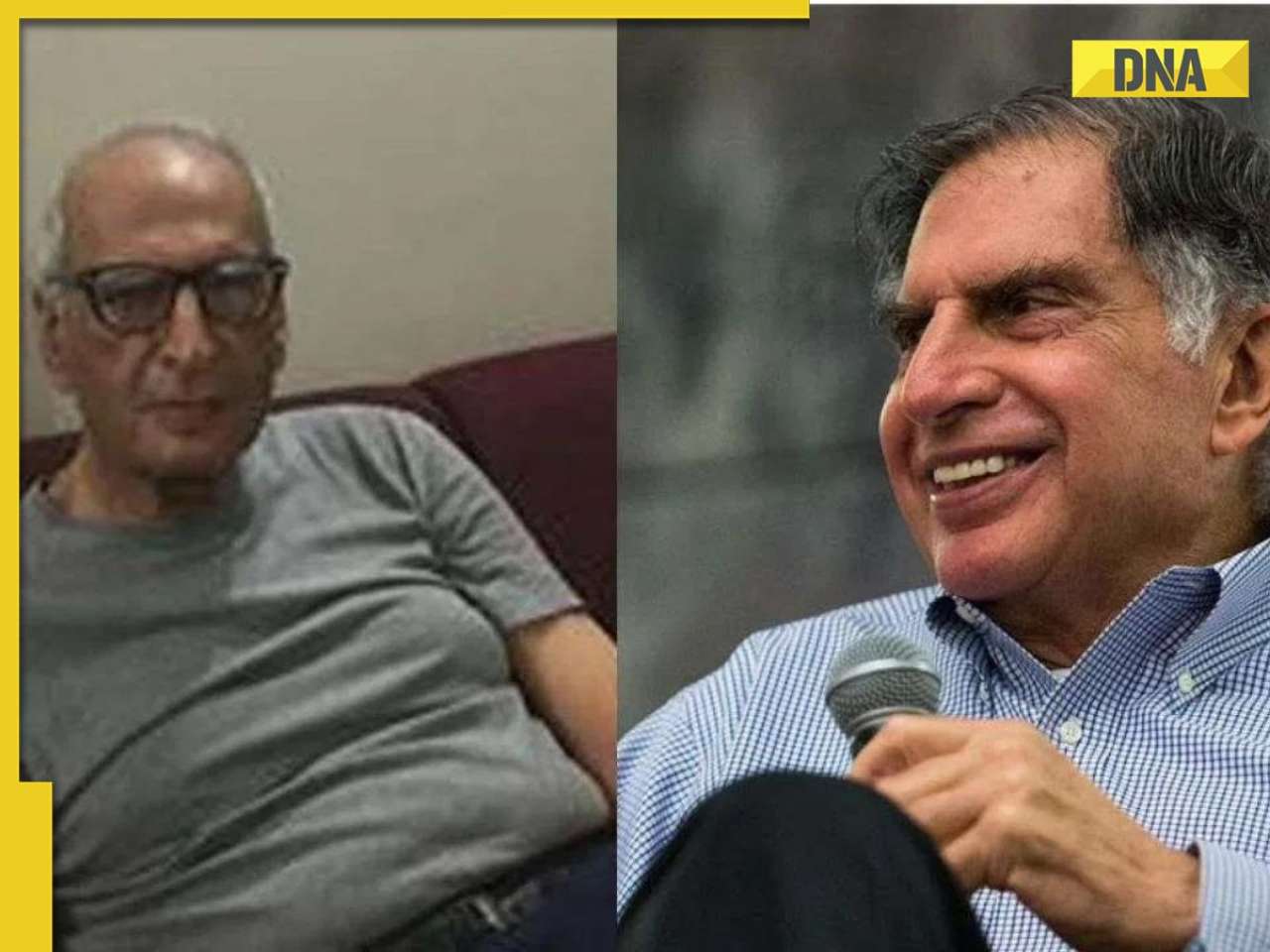


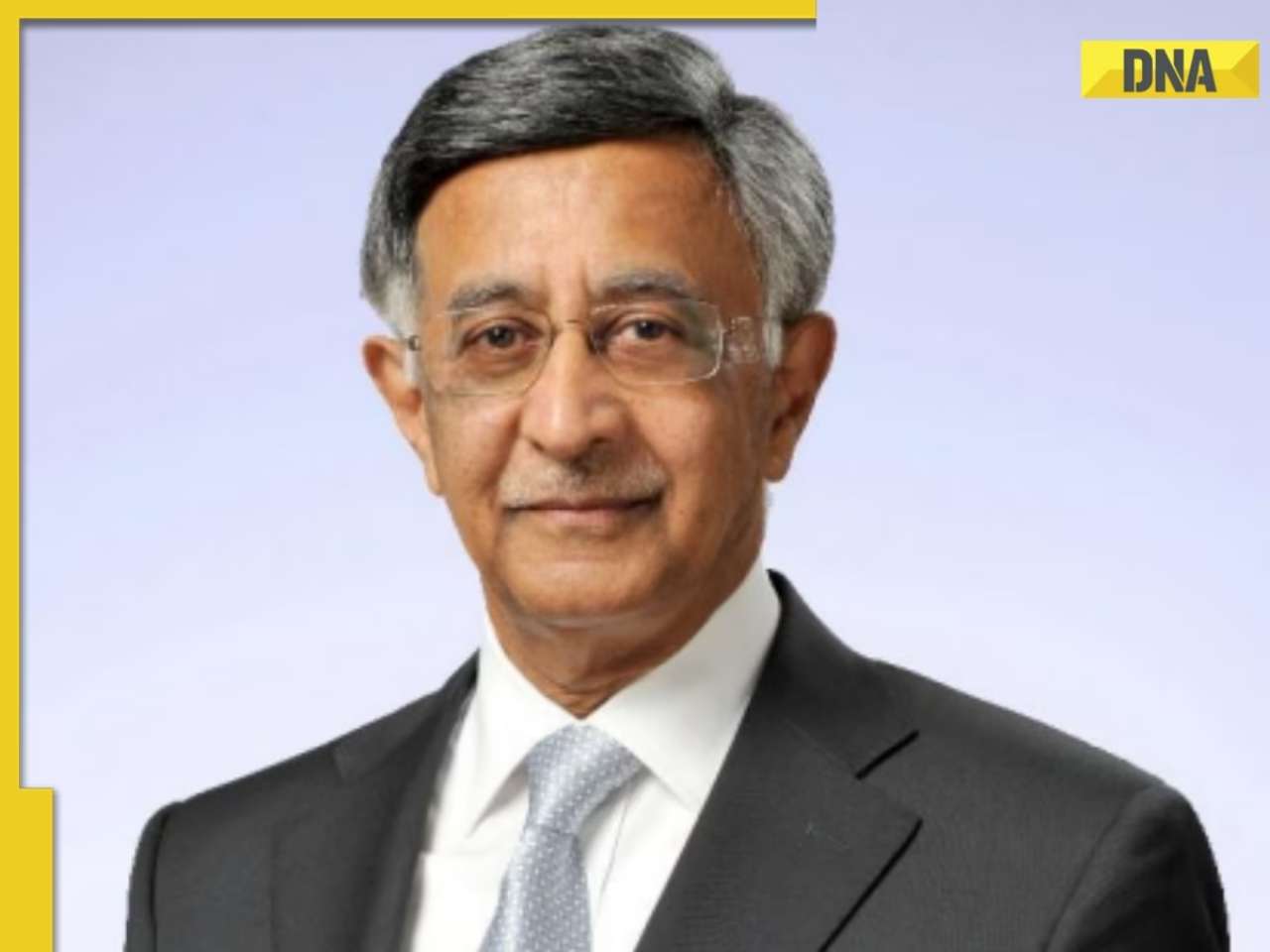
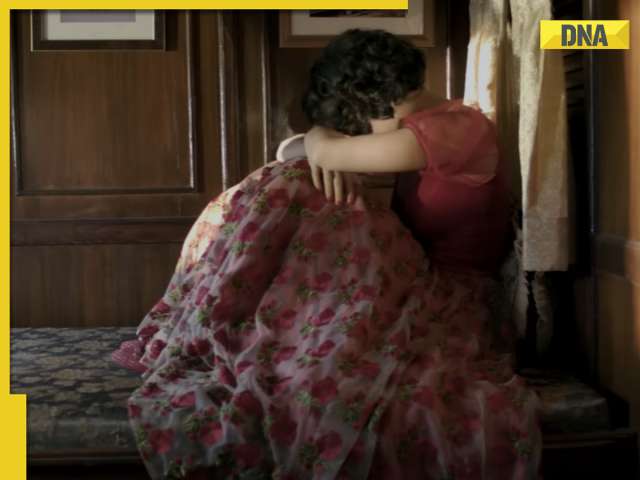

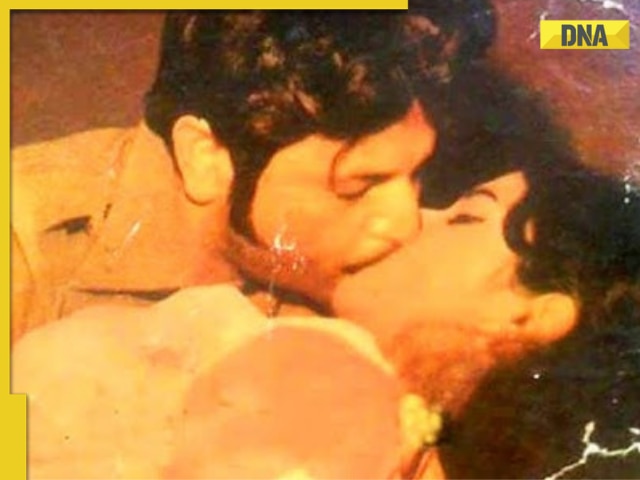
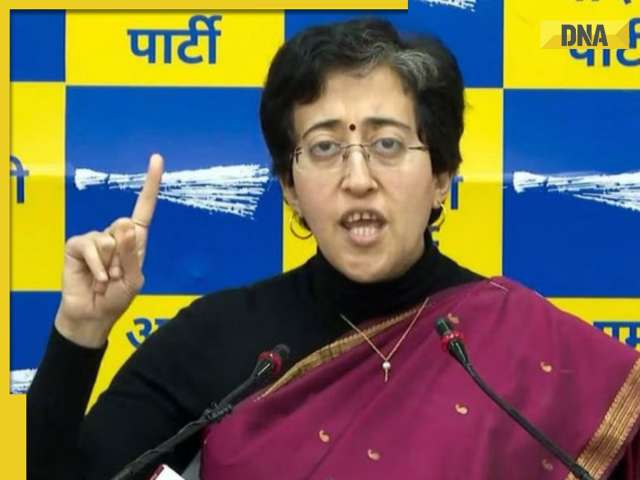
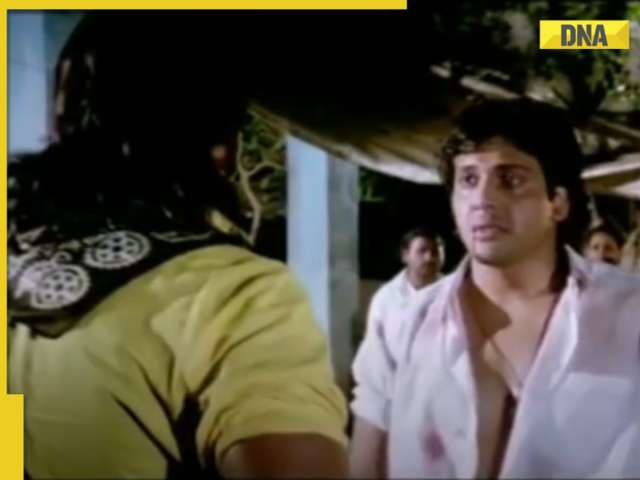
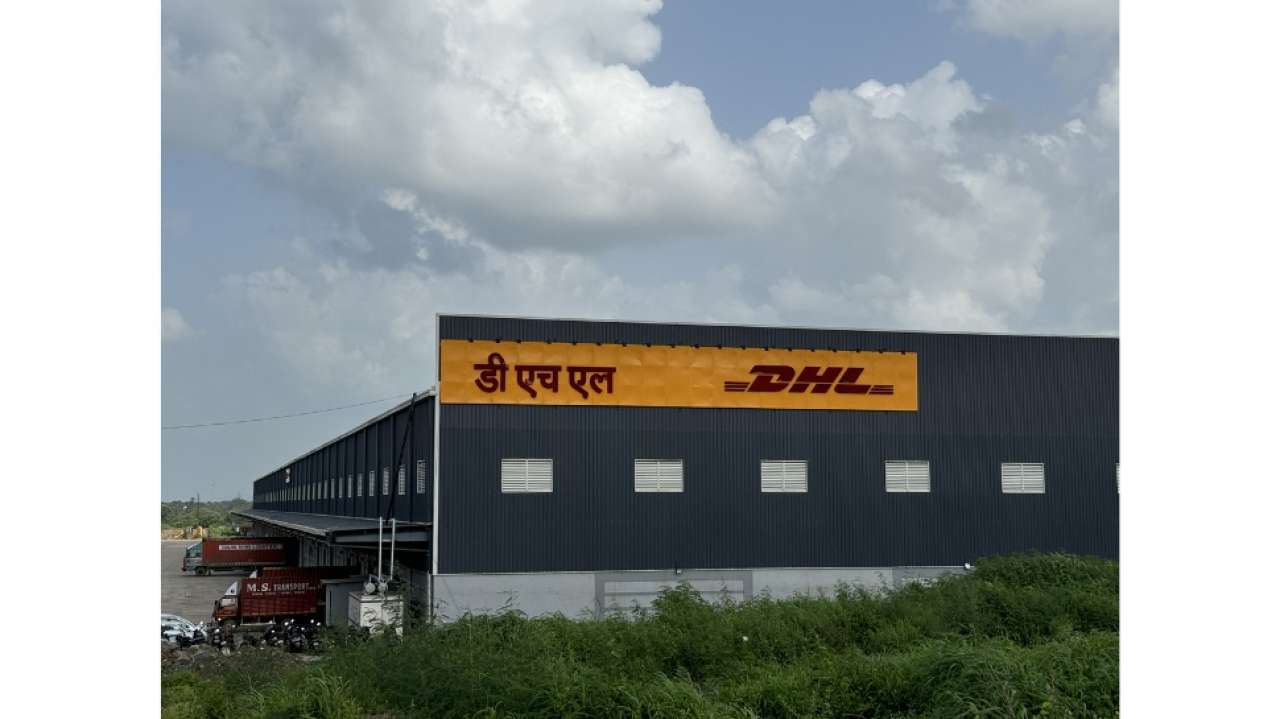
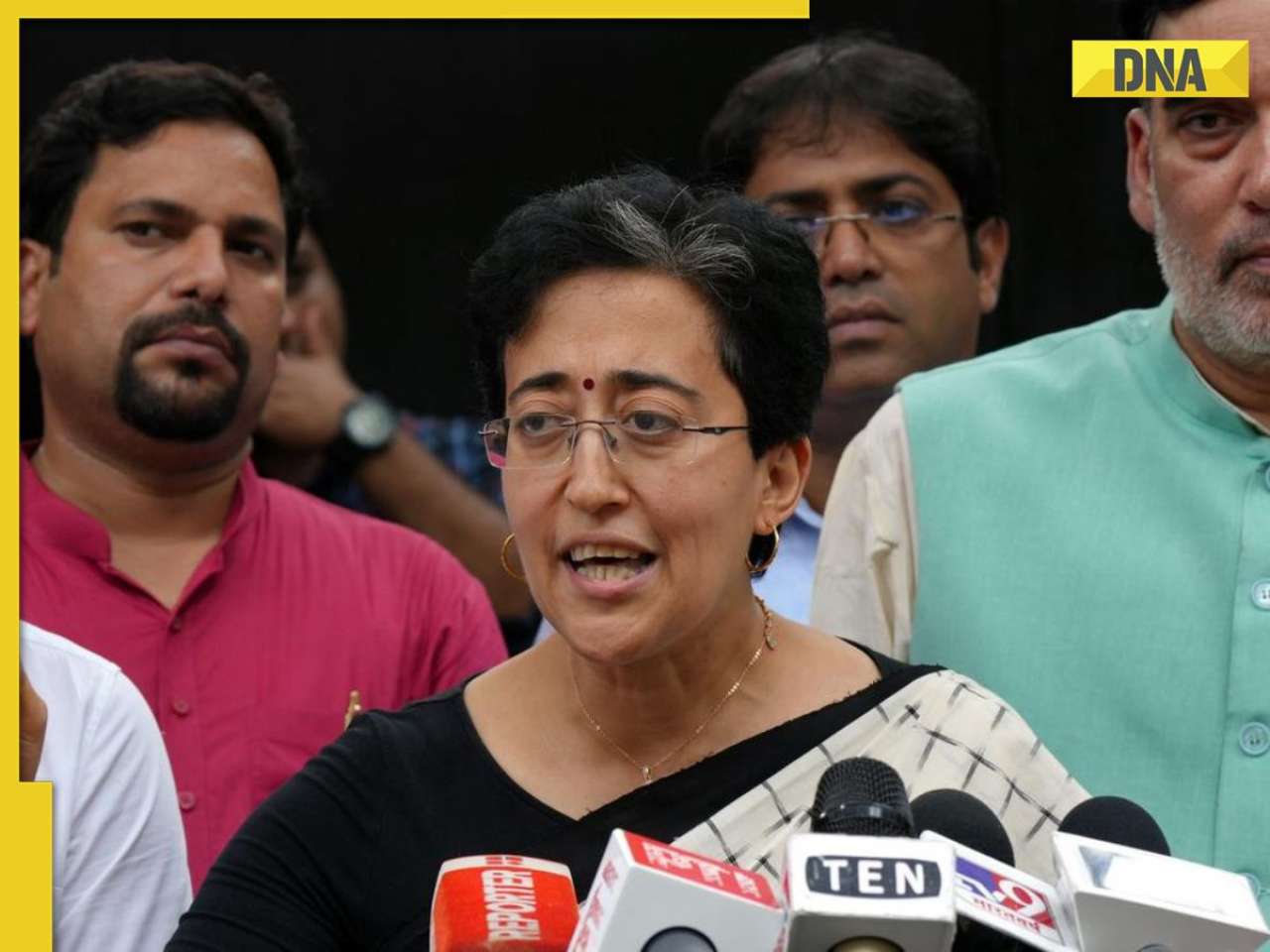
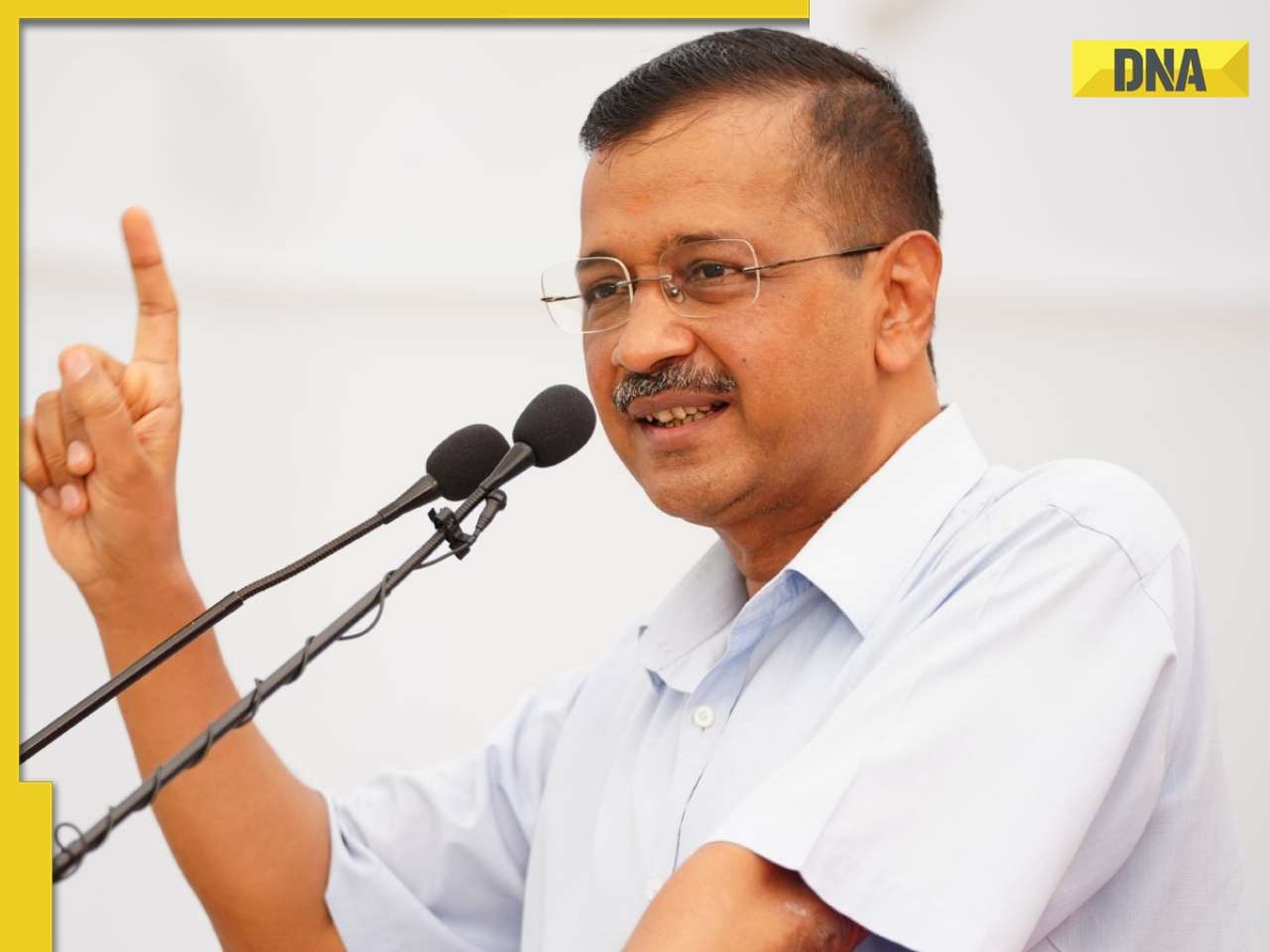



)
)
)
)
)
)
)
)
)
)
)
)
)
)





)
)
)
)
)
)